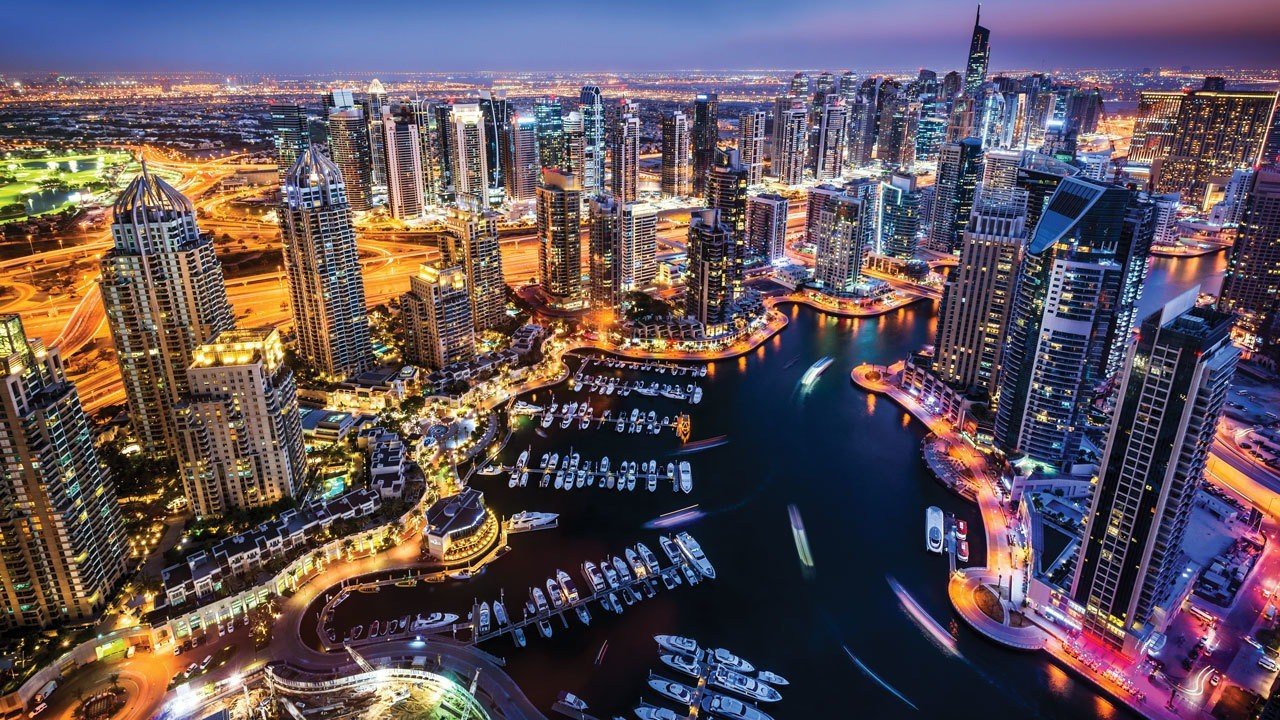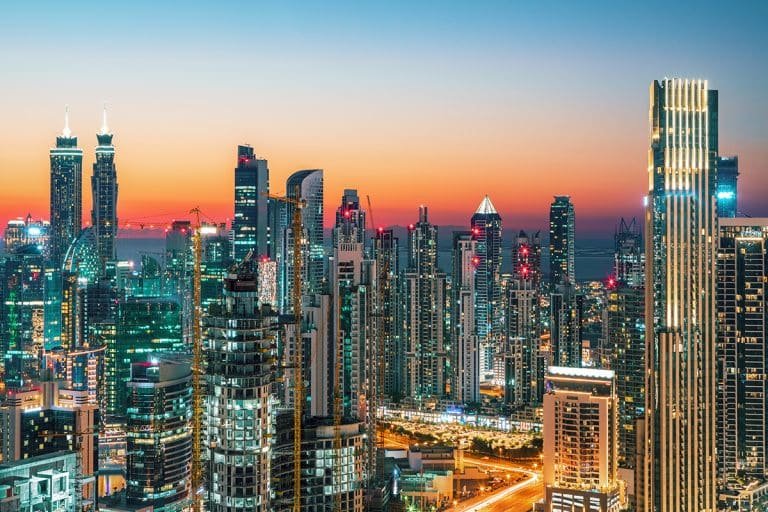
Dubai’s rental market has always been one of the most vibrant and competitive in the world. For expats who make up nearly 90% of the population renting is the first step toward settling in the city. But with rising demand, evolving neighborhoods, and global economic shifts, what exactly are expats paying today?
The answer depends on lifestyle, location, and housing type. Whether you’re a professional seeking a city apartment, a family looking for a suburban villa, or a freelancer in search of an affordable studio, Dubai offers something for every lifestyle at every price point.
Over the past year, Dubai has seen steady rental growth across most neighborhoods. Premium areas such as Downtown Dubai, Dubai Marina, and Business Bay continue to see double-digit rent increases, while emerging districts like JVC, Dubai Hills, and Al Furjan offer better affordability.
Key trends shaping the market:
Overall, average rents have risen by 8–12% year-on-year, though rates vary widely between luxury and suburban zones.
These are the most sought-after options for single expats and young professionals.
Studio apartments in emerging communities remain budget-friendly, but waterfront and central locations command premium pricing due to convenience and amenities.
Popular among couples and small families, these units strike a balance between space and price.
For expat families, Dubai’s suburban villas provide privacy, outdoor space, and a community lifestyle.
While villa rents are rising due to limited supply, family-focused communities remain highly competitive due to schools and facilities nearby.

The city’s iconic urban hub attracts high-income professionals working in finance, media, and corporate sectors. With Burj Khalifa views, world-class shopping, and restaurants at your doorstep, it’s a lifestyle choice that comes at a premium.
Expats love the marina for its cosmopolitan vibe and proximity to business hubs like Internet City and Media City. It’s ideal for young professionals and couples who value convenience and waterfront living.
An affordable favorite for mid-income expats, JVC combines modern apartments with easy access to highways and a growing number of cafes, gyms, and coworking spaces.
For families, Dubai Hills strikes the perfect balance of luxury and lifestyle. The master community offers lush green parks, top schools, and easy access to Downtown and Marina.
Known for space and affordability, these areas cater to long-term expat families seeking value for money and community comfort.
Several factors influence how much expats pay for housing in Dubai.
1. Location:
Proximity to business districts like DIFC, Dubai Internet City, or Downtown heavily impacts rent levels.
2. Property Type:
Villas cost more to maintain, while apartments in managed towers offer bundled services.
3. Amenities:
Buildings with pools, gyms, and 24-hour concierge services charge premium rents.
4. Lease Duration:
Longer leases often come with slight discounts compared to short-term stays.
5. Furnished vs. Unfurnished:
Fully furnished apartments can cost 15–25% more but appeal to short-term tenants.
Understanding these drivers helps expats make smarter rental choices aligned with their lifestyle and budget.
Navigating the rental process in Dubai can be smooth if you know what to expect.
1. Budget for Deposits and Fees:
Landlords usually require a security deposit (5% for unfurnished, 10% for furnished) plus an agency commission of 5%.
2. Check Ejari Registration:
Ensure your tenancy contract is registered under Dubai’s official system for legal protection.
3. Negotiate Payment Terms:
Rent is typically paid via post-dated cheques — many landlords accept 4 cheques instead of 1 to ease cash flow.
4. Inspect Before You Sign:
Always check maintenance, utilities, and building amenities before finalizing.
5. Understand Renewal Rules:
Dubai’s RERA law caps annual rent increases based on official rental index limits.
These precautions protect tenants and ensure a fair rental experience throughout the lease.
While luxury properties continue to dominate headlines, there’s a growing preference among expats for mid-market communities offering high value at reasonable rents.
Neighborhoods like JVC, Al Furjan, and Arjan are seeing rapid development with modern apartments, good connectivity, and lifestyle amenities — all at 30–40% lower prices than central Dubai.
This trend is reshaping the market, as landlords and developers increasingly cater to middle-income professionals looking for balance between affordability and comfort.

Rising demand and global economic factors have influenced rent levels across Dubai. The city’s attractiveness to digital workers, entrepreneurs, and long-term residents has created consistent pressure on available inventory.
Despite the increase, Dubai’s rent prices remain competitive globally, especially compared to cities like London or Singapore offering similar lifestyle standards.
Example:
A one-bedroom apartment in Downtown Dubai averaging AED 110,000 annually still costs less than similar properties in central London — despite offering more space and amenities.
Interestingly, many long-term expats are now transitioning from renters to investors. With flexible mortgage plans, residency-linked visas, and rising property values, owning a home in Dubai is becoming an appealing option.
Investors benefit from:
For those still renting, these dynamics signal stability — as more institutional investors and landlords enter the market, rental quality and transparency continue to improve.
The next few years promise more balance between luxury and mid-market segments. Dubai’s government is investing in affordable housing initiatives and sustainable communities, making city living accessible to all income levels.
Emerging hotspots like Dubai Creek Harbour, Dubai South, and Meydan are set to offer new rental options closer to business zones and transport hubs.
As demand stabilizes and supply catches up, experts predict moderate rental growth of 5–7% annually, maintaining Dubai’s reputation as a renter-friendly yet investor-attractive market.
For expats, renting in Dubai remains a gateway to experiencing one of the world’s most dynamic cities. The market’s diversity means there’s a perfect match for every lifestyle — from sleek studios in Business Bay to family villas in Dubai Hills.
While rents have risen in recent years, Dubai still delivers unmatched value for money, quality of life, and flexibility compared to most global cities. Whether you’re new to the emirate or renewing your lease, understanding what expats are paying helps you make confident, well-informed housing choices in 2025 and beyond.
Do Follow Estate Magazine on Instagram
